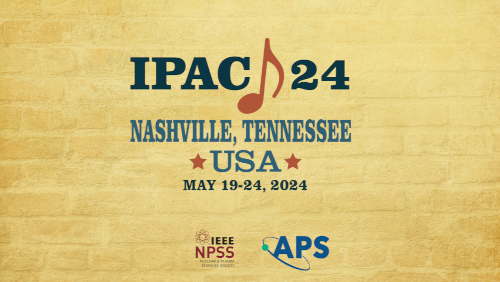Speaker
Description
We present a unifying approach to generative deep learning-based 6D phase space diagnostics which combines neural networks, physics models, and adaptive feedback. Our approach includes a physics-constrained neural network (PCNN) for calculating the electromagnetic fields of intense relativistic charged particle beams via 3D convolutional neural networks. Unlike the popular physics-informed neural networks (PINNs) approach, in which soft physics constraints are added as part of the network training cost function, our PCNNs respect hard physics constraints, such as ▽·B=0, by construction. Our 3D convolutional PCNNs map entire large (256×256×256 pixel) 3D volumes of time-varying current and charge densities to their associated electromagnetic fields. We demonstrate the method on space charge dominated, relativistic (5 MeV), short (hundreds of fs), high charge (2 nC) electron beams, such as those in the injector sections of modern free electron laser and plasma wakefield accelerators. We show that the method is accurate, respects physics constraints, and that the trained 3D convolutional PCNNs perform electromagnetic calculations orders of magnitude faster than traditional solvers which require a O(N^2) process for calculating the space charge fields of intense charged particle beams. We show how we combine this with an online physics model, adaptive feedback, and automatic differentiation for real-time predictions of the 2D projections of the 6D phase space of charged particle beams.
Funding Agency
Los Alamos National Laboratory and DOE Office of Science ARDAP Program
| Region represented | North America |
|---|---|
| Paper preparation format | LaTeX |

